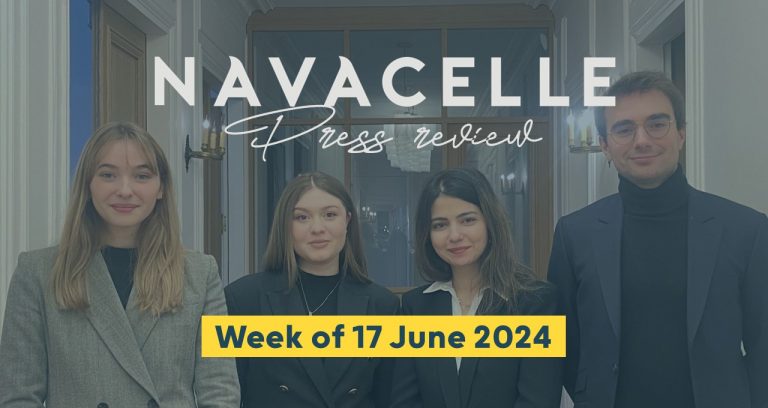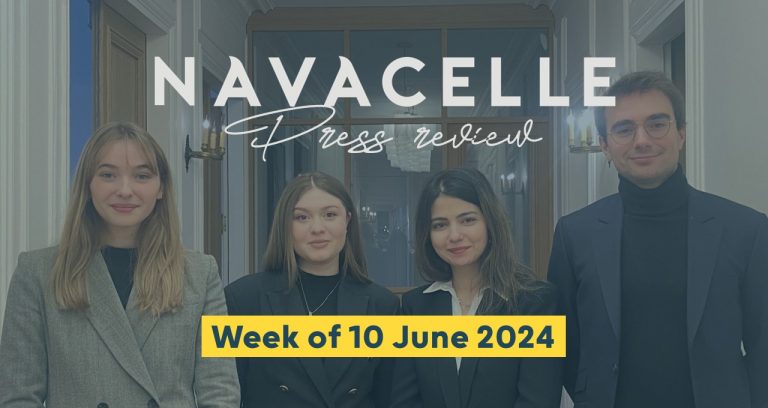#White collar crime: Lafarge in Syria: indictment for complicity in crimes against humanity validated
On Tuesday January 16, the French Supreme Court upheld the indictment of Lafarge, a French construction materials company, for complicity in crimes against humanity. However, the Court did not uphold the charge of endangering the lives of Syrian employees, as French law does not apply to them. A judicial investigation had been initiated in 2017, suspecting Lafarge of having financed jihadist groups, notably the Islamic State in order to maintain its business in 2013 and 2014. > Read article
Olivier Dussopt on trial for favoritism: the former minister is acquitted
On January 17, the Criminal Court of Paris acquitted former labor minister Olivier Dussopt of favoritism charges. The litigious facts dated back to 2009 and revolved around the awarding of a public tender regarding water distribution for the municipality where M. Dussopt was mayor at the time. He was accused of having provided privileged information to the winning company, enabling them to submit a better offer than their competitors. Although the French National Financial Prosecutor had requested M. Dussopt to be convicted to a 10-months suspended prison sentence and a 15.000 euros fine, the Criminal Court considered that no privileged information had been disclosed, and that the public tender criteria had not been influenced by the exchanges between M. Dussopt and the company. > Read article
#Corruption: EDF: procedure for favoritism and corruption annulled
On Monday, January 15, the Criminal Court of Fort-de-France annulled the procedure targeting some EDF executives or former executives for favoritism and passive corruption within the company in Martinique. After five years of investigation revealing irregularities in public contracts awarded by the company as well as corruption, the entire procedure was ultimately challenged during the hearing. Indeed, the Criminal Court upheld the nullity for breach of attorney-client privilege requested by the magistrates, deeming that the use of correspondence between an EDF executive and their lawyer in the procedure had vitiated it. > Read article
#Competition and consumer law: Bisphenol A in food containers: nearly 20 million Euros in sanctions
The French Competition Authority imposed sanctions on professional organizations specialized in food preservation and their members for implementing a collective strategy aimed at preventing certain manufacturers from communicating the absence of Bisphenol A in their food containers. Members of these professional organizations were also sanctioned for their individual participation in this practice. The total amount of sanctions imposed on these organizations is estimated at 20 million euros. > Read article
“Greenwashing”: European deputies reached an agreement to ban misleading environmental claims
On January 17, the European Parliament reached an agreement to prohibit misleading environmental claims on labels and advertisements. The legislation prohibits environmental claims that, without evidence, would be too generic, vague or imprecise. It also strengthens the promotion of sustainability and regulates the use of labels. Any environmental claim must now be accompanied by genuine detailed evidence and realistic plans. This legislation aims to combat greenwashing and provide greater protection for consumers. The text must be transposed by member states within two years. > Read article











